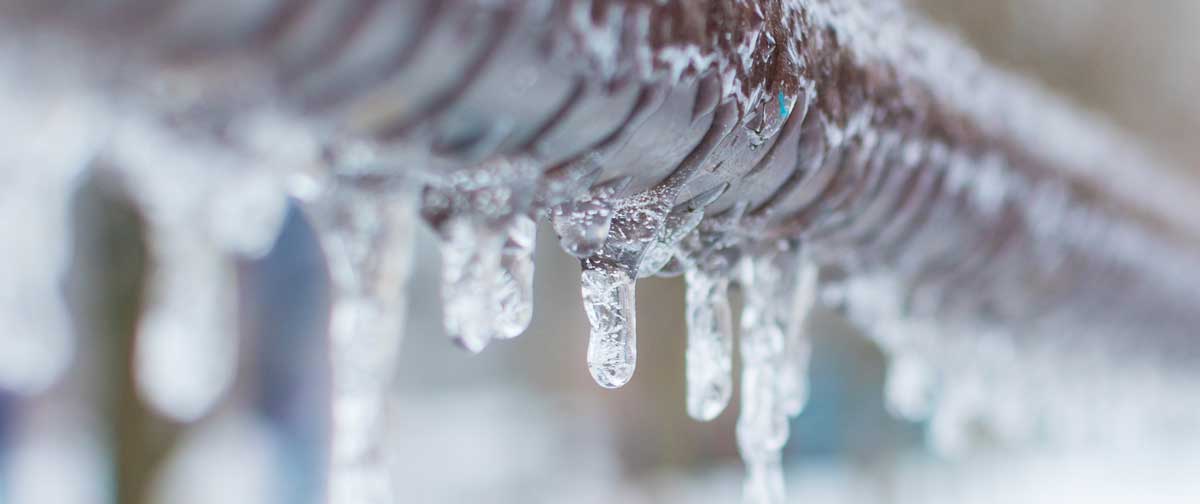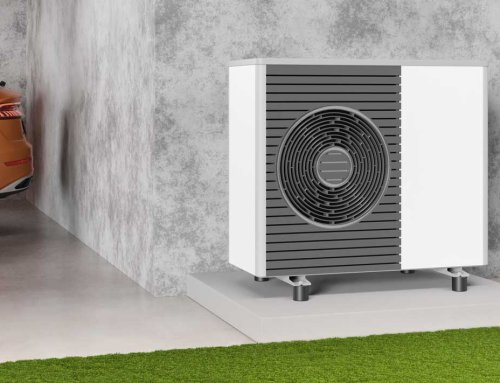Quick Navigation
- Insulation
- Let the taps run
- Look after outdoor taps
- Open Cupboards
- Keep your home warm
- Drain the system
- What do you do if your pipes are frozen?
NRM Plumbing and Heating know, frozen pipes are no joke – the best case is that water stops flowing, the worst case is burst pipes and a flood of water. Knowing how to keep pipes from freezing will help you keep the water where it should be (in the pipes) and ensure that your water supply continues to work throughout the colder weather.
You might only discover that your pipes are frozen if the water stops running or you can see that the pipes are covered in frost or ice, so it really is a good idea to take preventative action before it is too late.
Here are our top tips on how to help keep pipes from freezing.
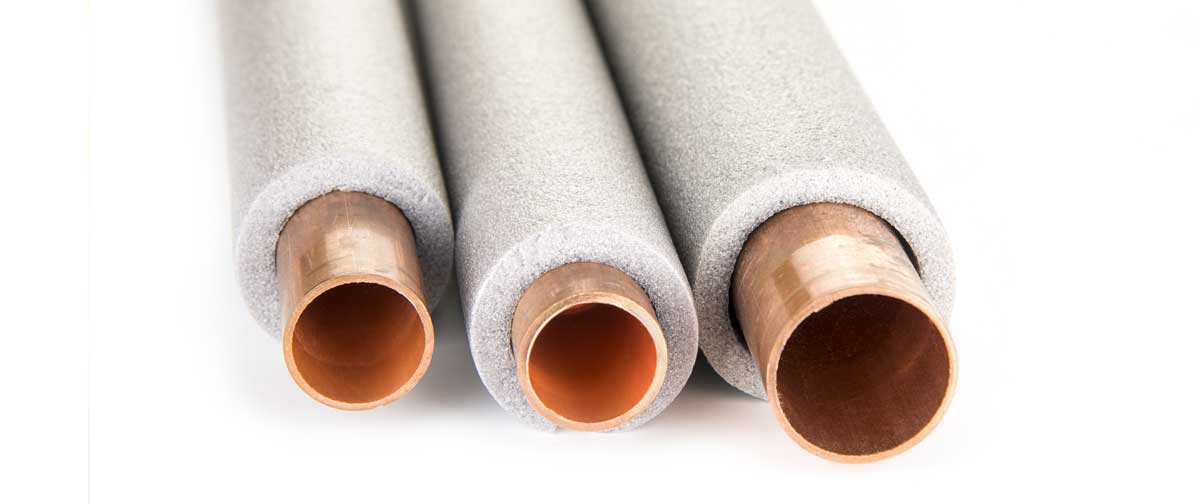
How to Keep Pipes From Freezing – Insulation
Pipes are often in locations that are particularly susceptible to the cold, such as the attic. One of the simplest ways to stop your pipes from freezing is to ensure that the pipes are adequately insulated.
Insulation may have been provided with several materials in the past, but the most common modern solutions are sleeves of fibreglass or foam rubber. The sleeves form a barrier between the cold environment and the pipe, slowing the progress of the freezing weather, and thereby protecting the water in the pipes from freezing.
Insulation can be applied to pipes anywhere, but it can be a major job if they are embedded in walls or underneath floorboards. Adding extra insulation to your walls and ceilings can help to keep pipes warm, but if you must open up walls or pull up floorboards to get to the pipes, you might have second thoughts. However, the effort of doing this can prevent issues later – how much more of a problem will it be if a pipe burst within the walls of your home?
It is also wise to insulate any water tanks you have in your home to protect as much of your water and heating system as possible.
Let the taps run
Although this may seem like a less useful solution, especially if you have a water meter, it can prevent problems in a couple of ways. First, as the water is moving through the pipes, it is less likely to freeze. In most cases, water will freeze in your pipe if the pipe gets too cold and the water is stationary.
Secondly, burst pipes requiring an emergency plumber can be caused by several issues. The most expected problem is that as water freezes, it expands, which can cause pipes to swell, crack, and eventually burst. A secondary problem is that if ice blocks the pipe without cracking it, pressure can build between the blockage and the tap. This pressure alone can cause the pipe to burst and allowing the tap to run will relieve this pressure before it gets too high.
The taps don’t need to be fully on, just a slow trickle can help – but always consider this as a secondary solution for how to keep pipes from freezing, behind insulation.
Look after outdoor taps
If you have a garden tap or other outdoor tap, it is a prime candidate for freezing. Make sure any pipes running to the taps are fully insulated, and wherever possible use an isolating valve to turn off the supply to the tap. As above, leave the tap open to prevent a build-up of pressure.
Not every garden tap will have an isolating valve, so either get one installed or make sure the insulation is very well done!
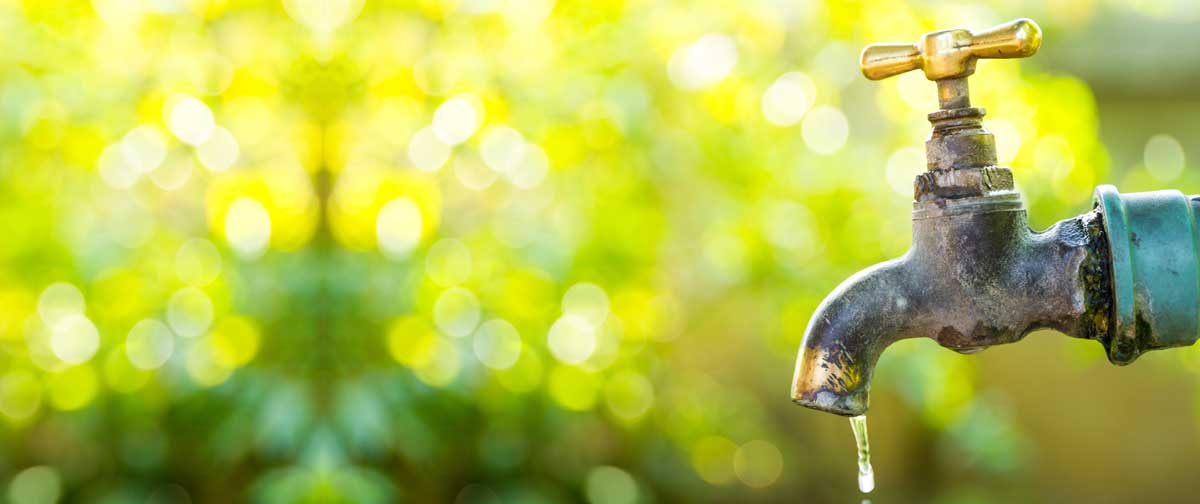
Open Cupboards
Pipes in your kitchen may run behind cupboards, and it is common to have a cupboard with a water tank or cylinder in it. The cupboard doors prevent any warm air in your home getting into these spaces, and rightly so – you don’t normally want to heat spaces you aren’t in.
However, in colder weather, and especially overnight, it can be a good idea to open these cupboard doors to allow the warmer air in your home to reach the pipes. You’ll also want to ensure that your home is warm to make this work, but that brings other benefits too.
Keep your home warm
It stands to reason that the colder your home is, the more likely the pipes are to freeze. Houses can get particularly cold overnight without the Gas Boiler being on, and the same applies if you’re away at work during the day.
Keeping the heating on low during these times can help prevent pipes from freezing. There’s no need to heat it to your usual at-home temperature, you just need to take the chill off. Warm (not even hot) pipes are much harder to freeze than cold pipes.
But what if you’re away for a longer period of time?
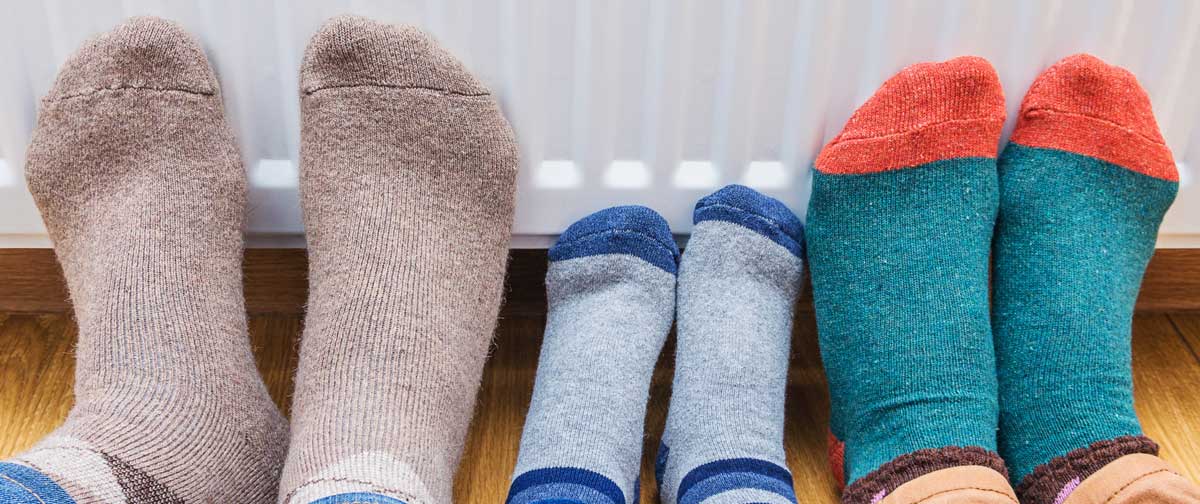
Drain the system
Keeping the heating on, even at a low temperature, might be an expense you want to avoid if you’re going to be away for a week or more at a time. For homes that may be empty for an extended period, it can be a better choice to fully drain the system.
If there isn’t any water in the pipes, it can’t freeze. When you’re not around to monitor the situation and don’t want to keep the heat on, this may be the simplest solution.
What do you do if your pipes are frozen?
If you’ve followed our tips on how to keep pipes from freezing, there’s a very good chance you won’t suffer any problems. Unfortunately, there are no guarantees, and in the coldest weather, you may still experience frozen pipes.
The best thing to do is to turn off the main isolating valve and open all the cold taps in your house so that the water can flow once it is thawed. You can then attempt to defrost the pipes (a space heater or hairdryer can work) starting from the tap end and working backwards.
If you think you have a burst pipe or are in any doubt at all, get in touch with NRM’s Plumbing, Heating and Gas Boiler Replacement experts. A home flooded with cold water is no fun, and a plumber will know the right course of action to prevent a major headache for you as a homeowner.
Is your central heating and water system noisy? You may need a replacement water tank replacement – Read our blog post – Signs You Need to Replace Your Water Tank to find out more


